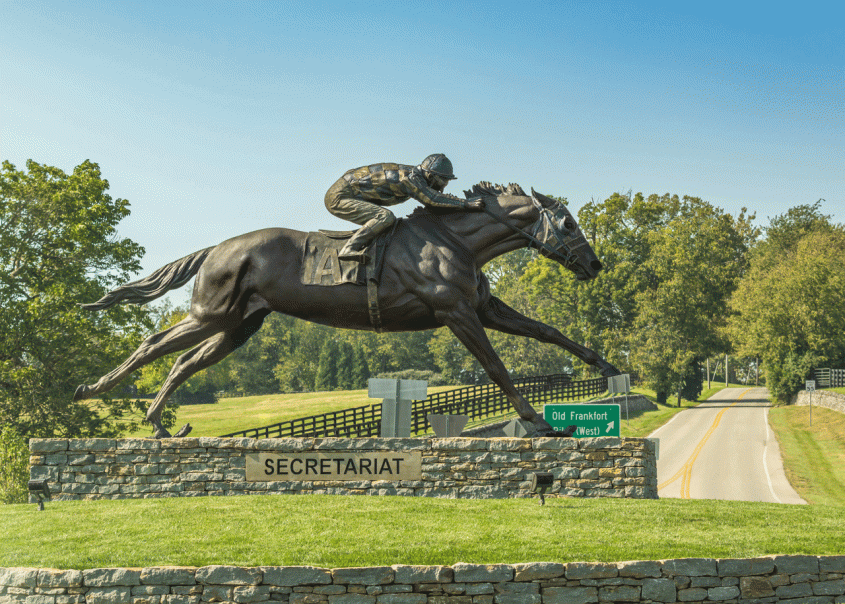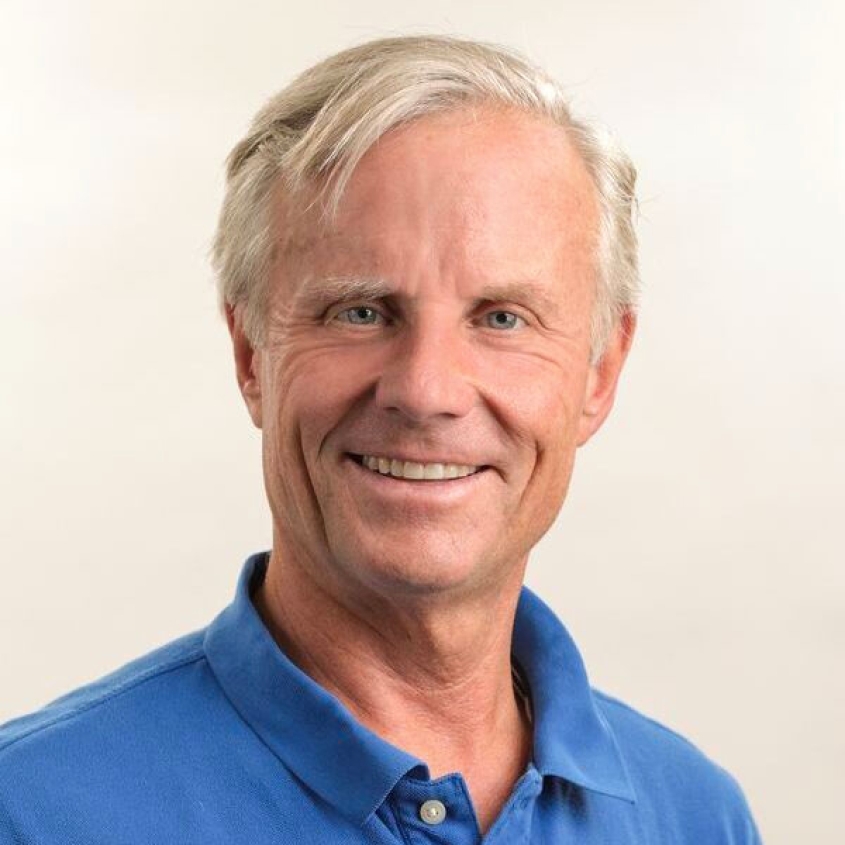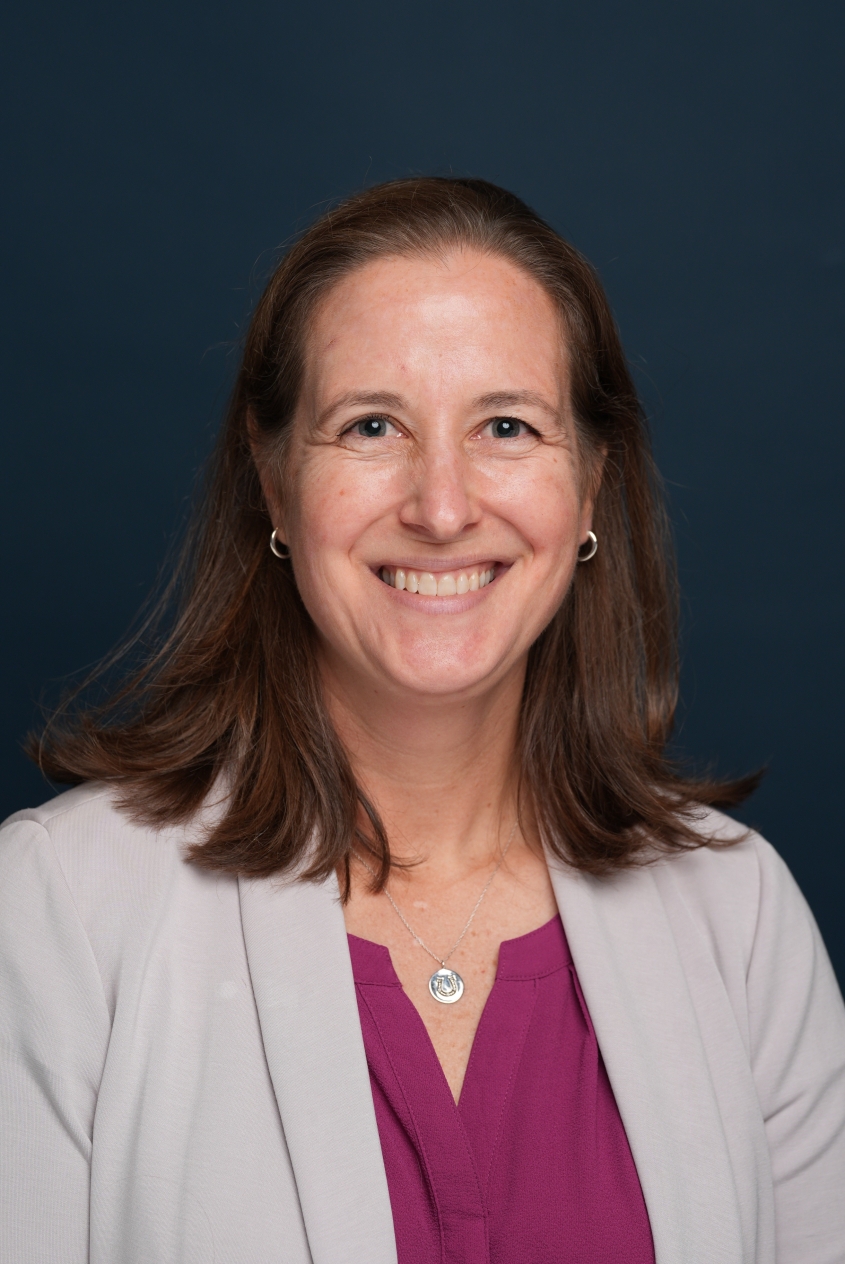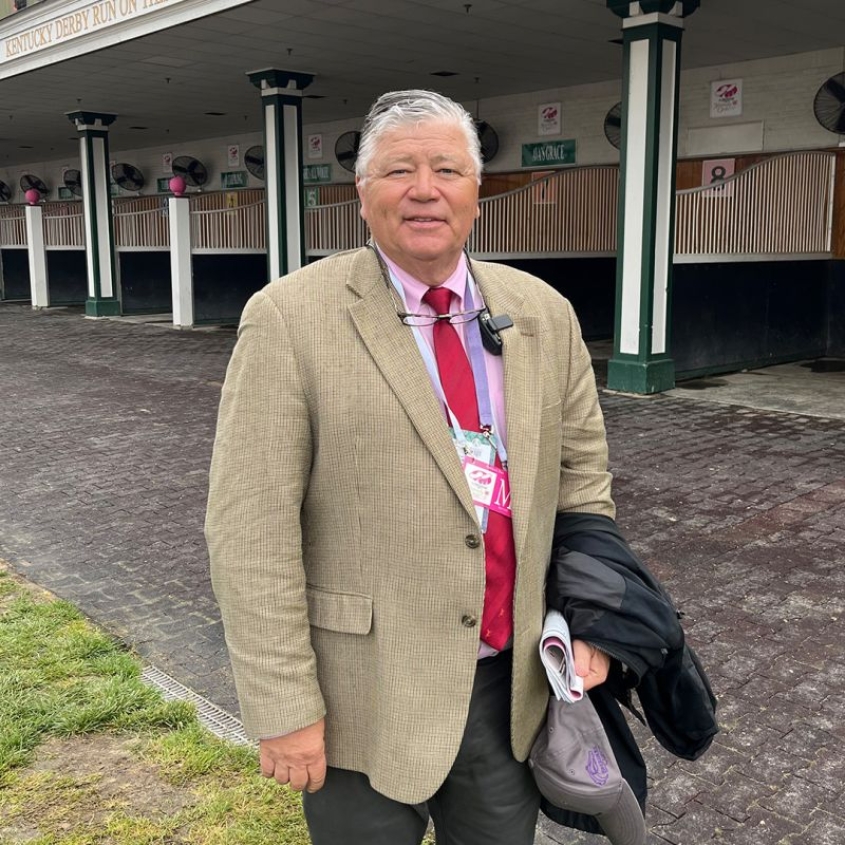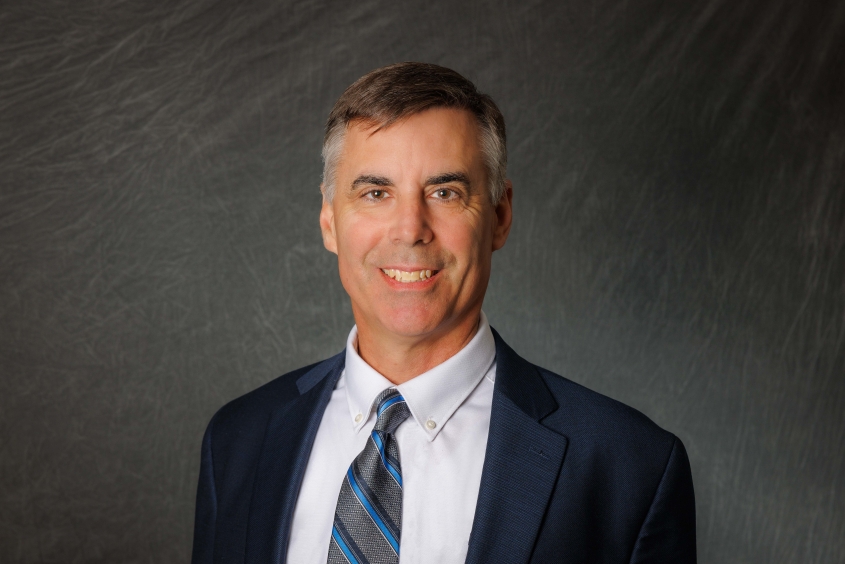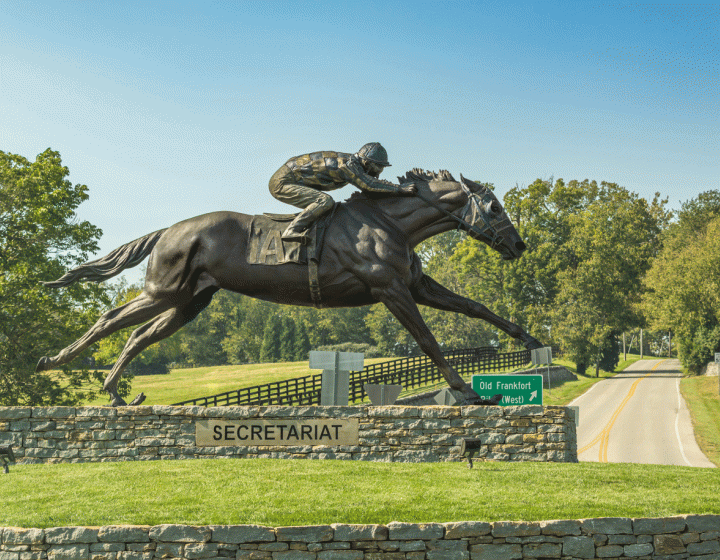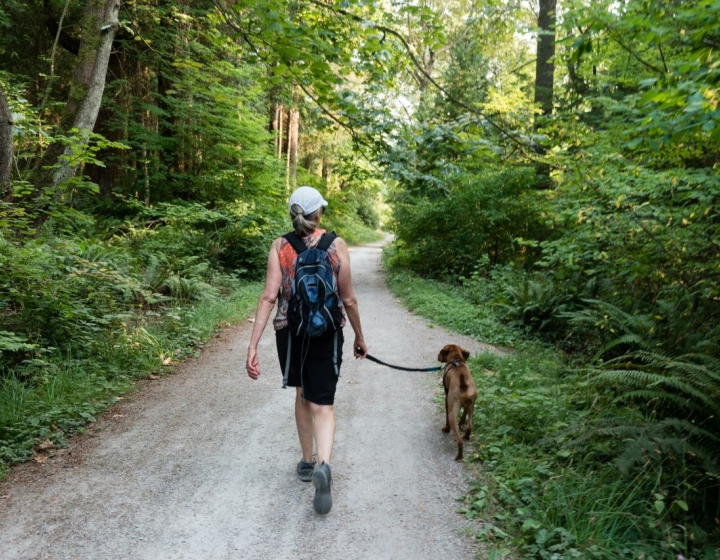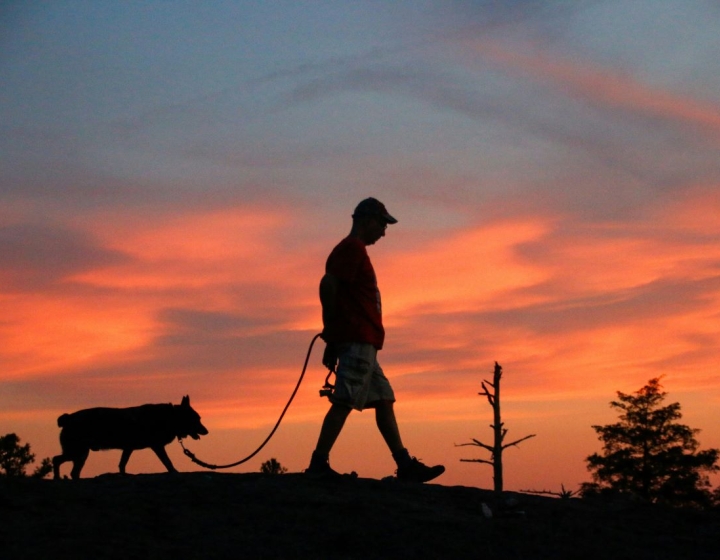Cornell veterinary alumni in the heart of the horse world
Lexington, Kentucky, is the pinnacle of the Thoroughbred world. A place where equine enthusiasts breed, raise, sell and race horses — and demand outstanding veterinary care.
Cornell University College of Veterinary Medicine (CVM) alumni are there to meet that need. Many CVM-trained veterinarians hold influential roles in Lexington’s equine industry and are shaping the standard of care in the region.
The legacy veterinarian
Luke Hagyard Fallon, D.V.M. ’96, grew up in Lexington, helping his father, Edward Hagyard Fallon, D.V.M.’56, serve the equine community at the Hagyard Equine Medical Institute, a renowned practice in Lexington with over 60 veterinarians that will soon mark 150 years of service in 2026.
As a fifth-generation veterinarian, Fallon knew early on that he would work with horses and be a part of the next generation of veterinarians at Hagyard. Now, as medical director of Hagyard and an expert in reproduction work and general herd health, Fallon himself is paying it forward and mentoring veterinary students and interns.
At Cornell, Fallon was trained by many Cornell legends, including Robert Hillman, D.V.M. ’55, a large animal theriogenologist (“A prince of a man and a great professor”), Francis Fox, D.V.M. ’45, a famed large animal clinician whose advice to “never let the lab get in the way of a good clinical examination — go see, hear and smell the environment where the animal is living,” still stays with Fallon to this day.
Some of his favorite memories include attending the 2:30 a.m. neurology rounds with Alexander de Lahunta, D.V.M. '58, Ph.D. '63, the emeritus James Law Professor of Anatomy (“Just a legend, a gentleman and a scholar”), and Hillman’s poisonous plant class.
“Cornell just gives a great all-around education, and I was fortunate to be exposed to some of the best minds in veterinary medicine,” says Fallon.
The diagnostic imaging ace
Katie Garrett, D.V.M. ’03, is a shareholder and director of diagnostic imaging at Rood and Riddle Equine Hospital in Lexington. “I was very fortunate to have received the training at Cornell that I did,” she says, citing her formal coursework as well as her time as an emergency surgery technician at the large animal hospital during her first year. “Not only was it nice to get some clinical experience, but it also provided a way to meet some of the clinicians outside of the classroom and see how they practiced medicine.”
After Cornell, Garrett completed two internships and an equine surgery residency at Rood and Riddle Equine Hospital in Lexington and achieved board certification in the American College of Veterinary Surgeons in 2012. Today, she works as an expert in diagnostic imaging, with an emphasis in musculoskeletal MRI and laryngeal imaging.
“She is extremely well respected for her expertise and integrity,” says Dr. Susan Fubini, senior associate dean for academic affairs and professor in large animal surgery at CVM.
Garrett notes that some impactful Cornellian mentors are Fubini as well as Drs. Norm Ducharme, Gillian Perkins and Lisa Fortier, Ph.D. ’98. “They are all amazing clinicians, but beyond that, they have contributed to veterinary medicine through research and service as well. They have been fantastic role models for me,” Garrett says.
Garrett was named president of the American Association of Equine Practitioners (AAEP) in 2024, where she has served on the board of directors and chaired both the Educational Programs Committee and Member Engagement Committee.
The orthopedic expert
Alan Ruggles, D.V.M. ’87, specializes in orthopedic surgery and lameness and works as a partner at Rood and Riddle, where he provides care for racing, sport, pleasure and breeding equines. He notes that the equine industry in Lexington is “A fast-paced, high-stakes busy place to work, and certainly the knowledge and confidence you gain from a Cornell education helps prepare you for this.”
Ruggles also sees Cornell’s influence in shaping his professional journey. “My training at Cornell was very comprehensive,” says Ruggles. “It helped me not only prepare for a career as an equine orthopedic surgeon, but also gave me a good background in medicine, neurology, etc. which has helped me throughout my career.”
“Dr. Ruggles is well known for his surgical expertise, training of residents, and critical involvement in national and international orthopedic societies,” says Fubini.
After gaining his D.V.M. from Cornell, Ruggles completed an internship and residency in large animal surgery at New Bolton Center at the University of Pennsylvania. He remained at New Bolton Center as a lecturer in surgery until joining the faculty at The Ohio State University in 1992, and moved to Rood and Riddle in Lexington in 1999. He is active in the American College of Veterinary Surgeons (ACVS) and AOVET (a nonprofit organization of veterinary surgery advancements), where he has been co-chairman of the annual AO Equine Courses on Fracture Repair since 1996.
The infectious disease investigator
Brett Sponseller, D.V.M. ’94, serves as director of the Maxwell H. Gluck Equine Research Center and chair of the Department of Veterinary Science at the University of Kentucky in Lexington. “Cornell gave me a great education,” he says. “It was broad-based, and took a comparative medicine approach. As someone who was equine-focused, it forced me to broaden my scope, and that had real value.”
After graduating from Cornell, Sponseller completed an internship with Equine Medical Associates in Edmond, Oklahoma, and a residency in large animal internal medicine (equine focused) from the University of California, Davis. He earned his Ph.D. in molecular, cellular and developmental biology from Iowa State University (ISU), where he went on to co-found the equine internal medicine service.
Today, Sponseller is a member of the American Society for Virology and the American Association of Equine Practitioners and has authored several peer-reviewed journals and the textbook “Equine Infectious Diseases.” In addition to leading the Gluck Equine Research Center, Sponseller studies equine infectious diseases, including equine infectious anemia virus, and equine herpesvirus-1. While at Iowa State University, he taught the next generation of veterinary students didactic equine internal medicine, veterinary virology and equine internal medicine. He lists several Cornell faculty members as his influences, including Drs. Ronald Minor, de Lahunta, John Cummings and more.
“They developed and enhanced my curiosity,” Sponseller says. “And it really set the groundwork for being a good clinician and researcher. I hope that, in a way, what I’m doing kind of honors that.”
No matter their discipline, Cornell veterinary alumni are powerhouses in the Lexington, Kentucky region, working to improve the health and well-being of horses in the heart of the equine world and beyond.
Written by Lauren Cahoon Roberts



